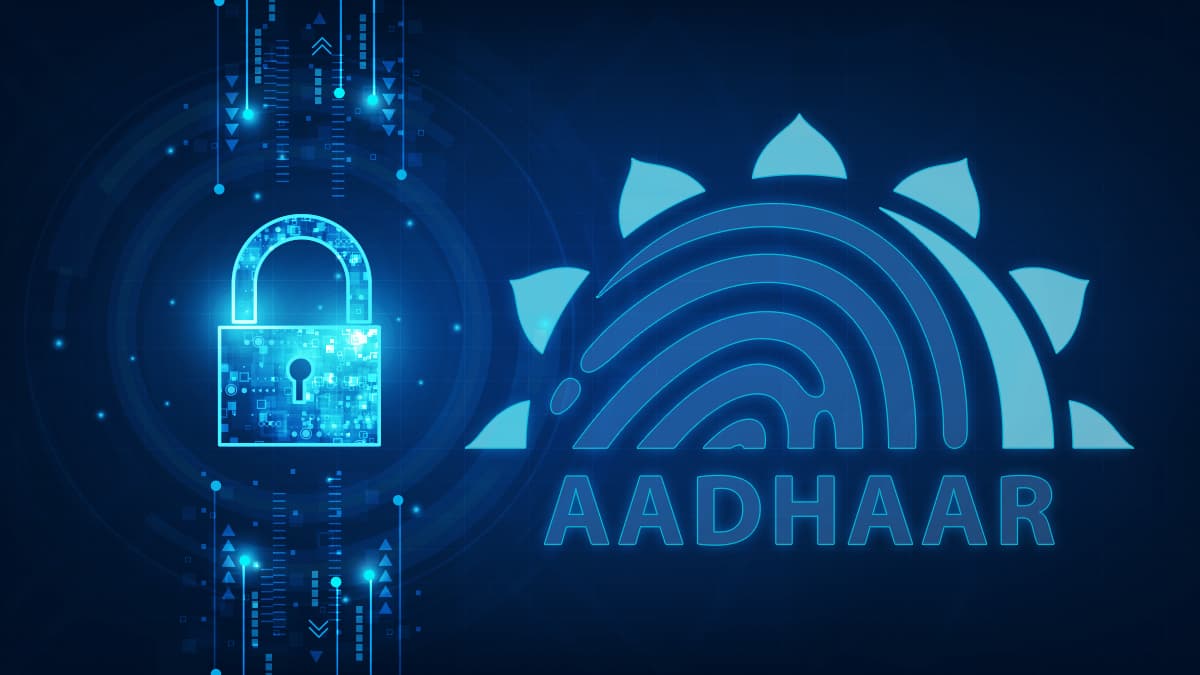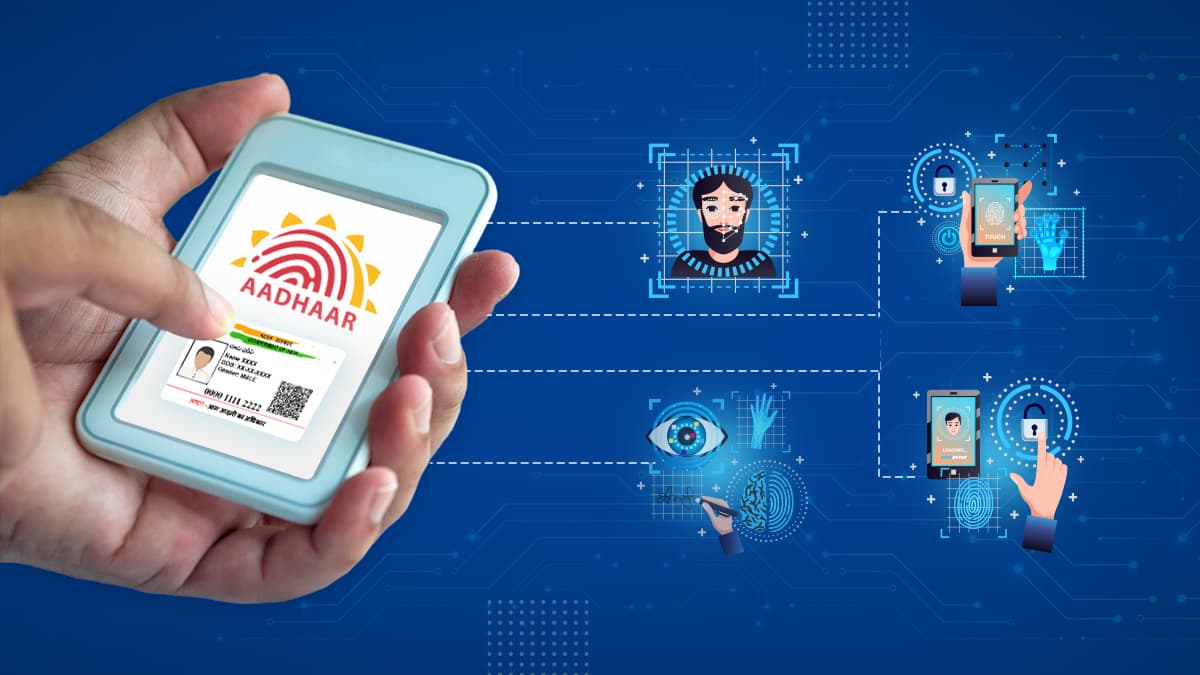.jpg)
Governments across West Africa face significant challenges in managing vast quantities of paper documents and records. This inefficient system hampers transparency, accountability, and effective governance. The implementation of robust electronic document management systems (eDMS) can revolutionize the way public sector organizations operate, ushering in a new era of efficiency, accessibility, and openness.
The Imperative for Digitization
A 2021 World Bank study on public sector governance in Sub-Saharan Africa revealed that only 28% of government institutions have digitized their records and archives. This staggering statistic underscores the urgency to transition towards paperless, centralized document management systems that can streamline document workflows, ensure secure storage, and facilitate seamless information retrieval.
Enhancing Transparency and Accountability
.jpg)
One of the primary advantages of the system is its ability to promote transparency and accountability within government operations. By digitizing and securely storing official records, public agencies can provide citizens and oversight bodies with timely access to information, fostering trust and reducing opportunities for corruption.
A case in point is Ghana's recent adoption called the Electronic Case Tracking System (ECTS) within its judicial system. The ECTS has digitized over 2.1 million court records, enabling efficient case management and public access to case information. This initiative has significantly improved transparency and reduced opportunities for tampering or loss of crucial legal documents.
Streamlining Governance Processes
.jpg)
Beyond transparency, such systems can vastly improve the efficiency of governance processes by automating document workflows, eliminating redundancies, and enabling real-time collaboration among government agencies and departments.
Nigeria's deployment of the Integrated Payroll and Personnel Information System (IPPIS) exemplifies the transformative potential. By digitizing personnel records and payroll processes, the IPPIS has facilitated better human resource management, reduced ghost worker fraud, and saved the Nigerian government an estimated $73 million annually.
Building Resilience and Disaster Preparedness
In regions prone to natural disasters and conflicts, eDMS can safeguard critical government records and ensure business continuity. Digital archives and cloud-based storage solutions provide a robust backup system, preventing the irreplaceable loss of vital documents.
The Republic of Cabo Verde's implementation of a central system for its National Archives stands as a model for disaster preparedness. This system has successfully digitized over 10 million pages of historical records, ensuring their preservation and accessibility, even in the face of potential calamities.
Overcoming Challenges and Fostering Adoption
.jpg)
While the benefits are evident, their successful implementation in West African countries requires addressing several key challenges. These include:
- Infrastructure and Technological Readiness: Many nations lack the necessary digital infrastructure, hardware, and software resources to support large-scale deployments.
- Human Capital and Training: Effective use requires extensive training and capacity-building programs for government personnel, addressing potential resistance to change and ensuring smooth adoption.
- Regulatory and Policy Frameworks: Clear legal and regulatory frameworks must be established to govern the management, security, and accessibility of digital records, ensuring compliance with international standards and best practices.
- Financing and Sustainability: Implementing and maintaining the system requires significant financial investments, necessitating long-term budgetary commitments and exploring innovative funding mechanisms, such as public-private partnerships.
The Way Forward
West African nations must prioritize the adoption of this system as a critical component of their digital transformation strategies. By leveraging the expertise and support of international organizations like the World Bank, countries can access technical assistance, funding opportunities, and best practices to overcome challenges and successfully implement these systems.
Furthermore, regional collaboration and knowledge-sharing platforms can accelerate the dissemination of successful document management system (DMS) models and foster cross-border interoperability, ultimately strengthening governance, transparency, and resilience across the entire West African region.
Embracing electronic document management system is not merely a technological endeavor; it is a pivotal step towards modernizing public sector operations, enhancing accountability, and empowering citizens with access to information – all cornerstones of effective governance and sustainable development.










































We will verify and publish your comment soon.